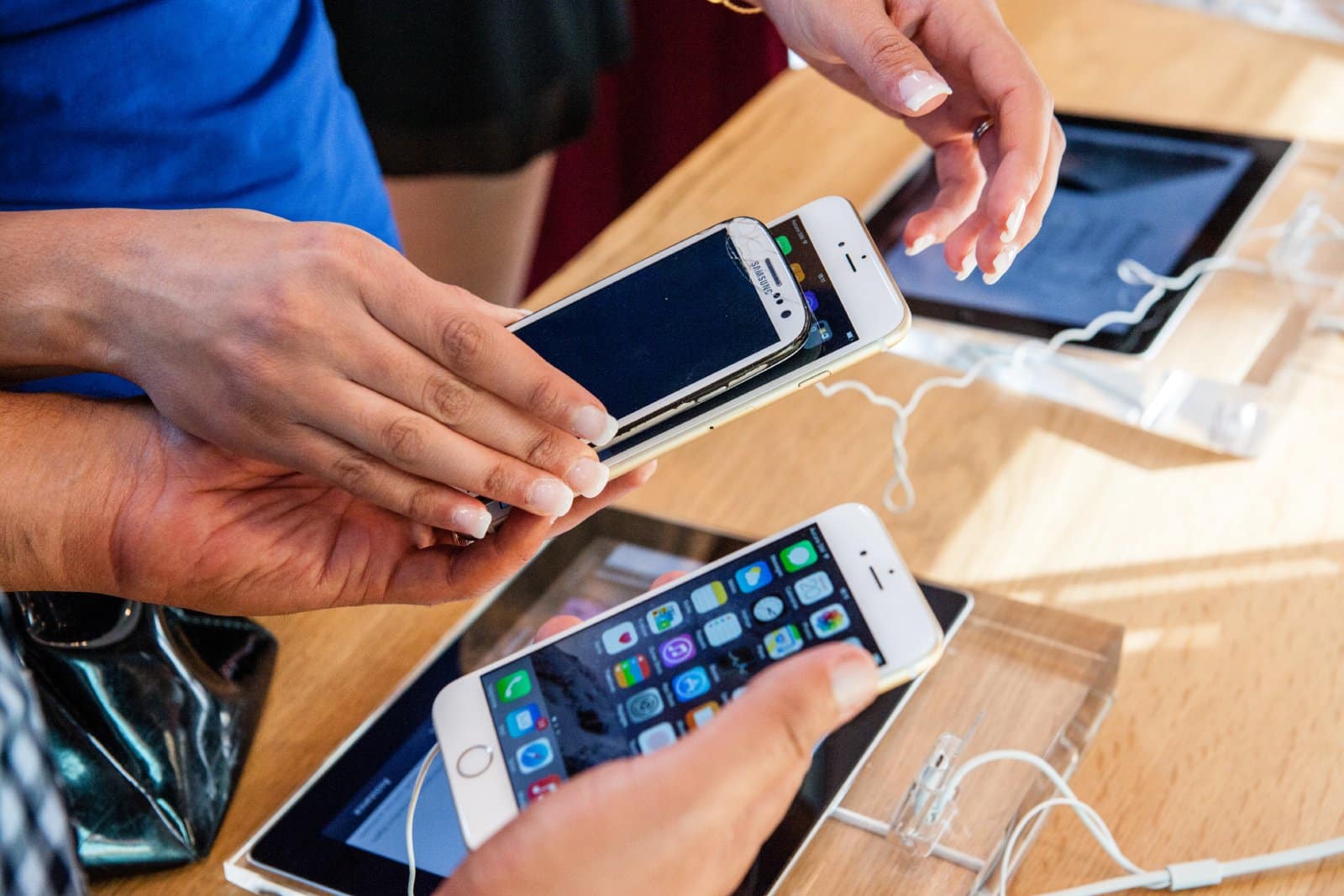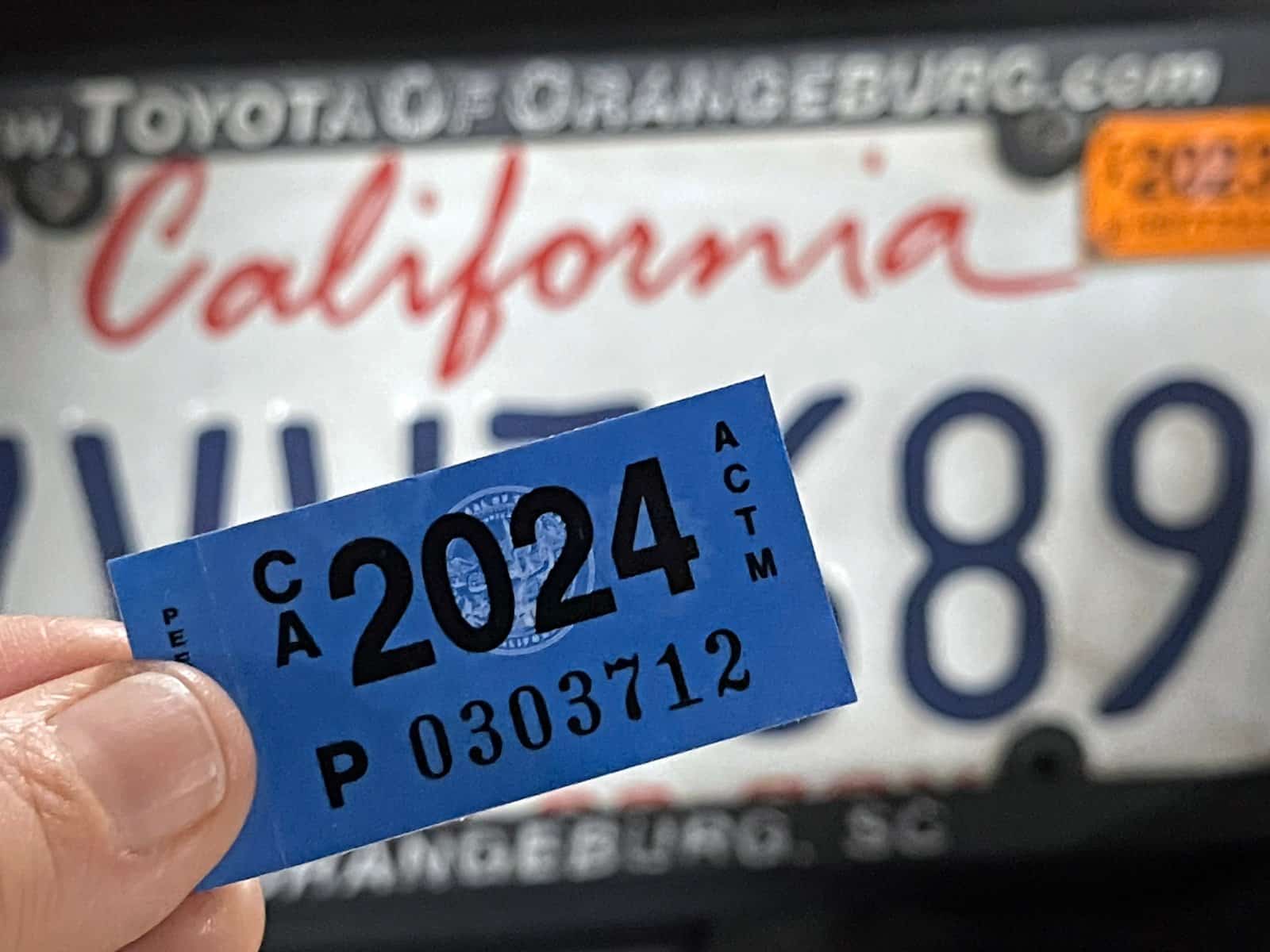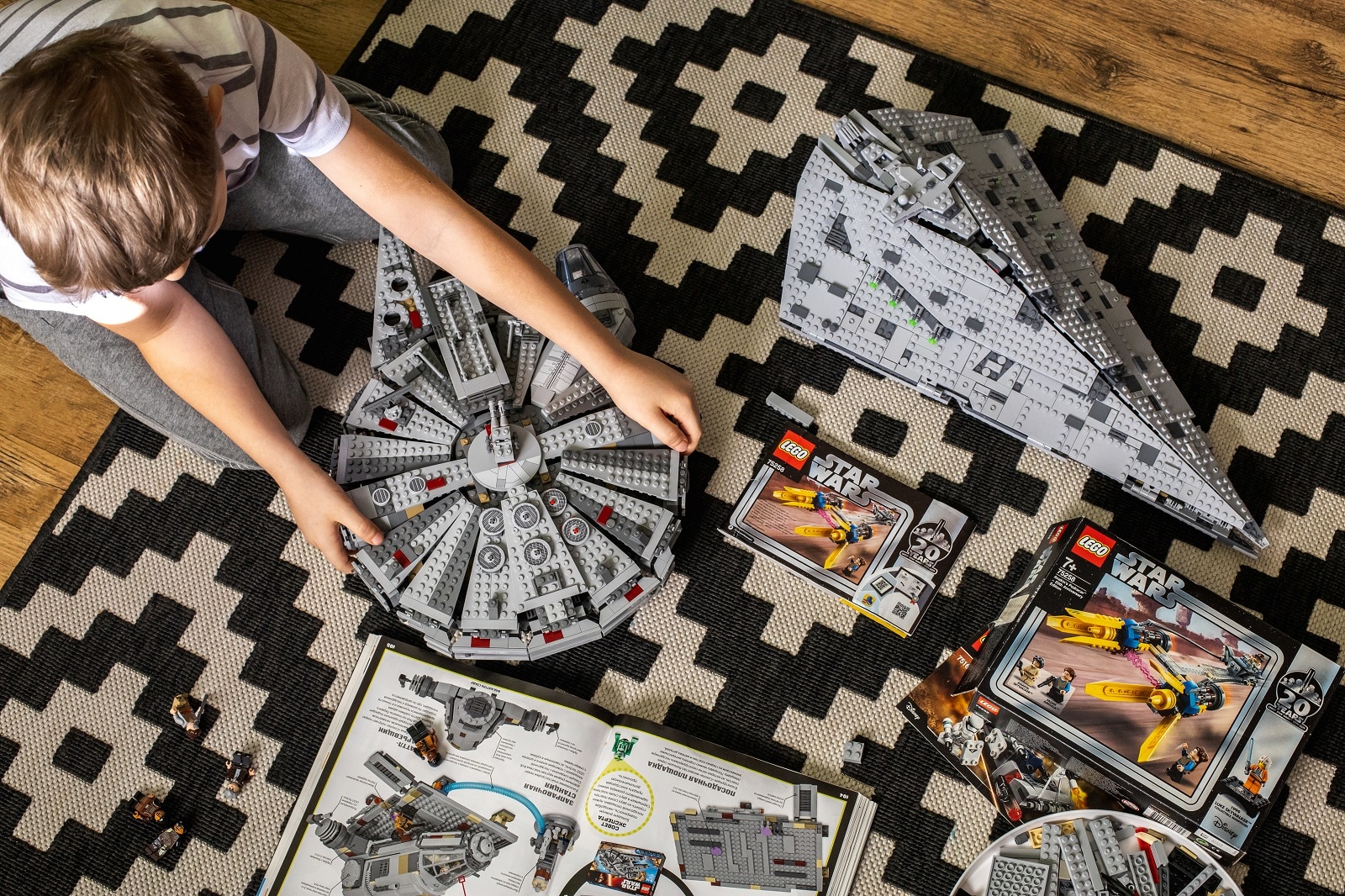Wake up, shopper! Big companies are using sly tricks to pry open your wallet and keep you spending. Ever feel like you can’t leave a store without spending twice what you planned? You’re not alone. Here’s the truth behind their tactics.
#1. Sale Signs Everywhere

Think that “Sale” sign means you’re saving money? Think again. Retailers use these signs to create a sense of urgency, so you’ll buy on impulse without comparing prices.
#2. Decoy Pricing

Ever noticed how there’s always a ridiculously priced option? That’s the decoy. It makes the slightly less expensive items look like a bargain, nudging you to choose the “cheaper” overpriced item.
#3. Subscription Sneaks

Subscriptions sound convenient but watch out! Companies make unsubscribing a hassle, betting you’ll forget about it and just keep paying.
#4. Free Shipping Threshold

Nothing’s truly free. Shops often set minimum spending limits to qualify for free shipping, tempting you to buy more just to save on shipping.
#5. Complicated Rebates

Rebates seem like a great deal—until you try to claim them. The process is often so complex that many give up, which is exactly what the company hopes you’ll do.
#6. Endless Upsells

Just trying to buy one thing? Good luck. Companies train their staff to upsell you at every turn, making you spend more on upgrades and add-ons you didn’t want.
#7. The Checkout Candy Trap

Those last-minute items by the checkout? They’re not there by accident. This is a strategic move to grab your attention when you’re already in a spending mindset.
#8. Slick Packaging

Bigger box, more air, less product. Companies know that eye-catching, oversized packaging makes you think you’re getting more for your money.
#9. Flash Sales

Flash sales create a now-or-never fear of missing out. But ask yourself, would you have bought it if it wasn’t “on sale” right now?
#10. Loyalty Programs

Loyalty cards aren’t just for rewards—they track your buying habits. Companies use this data to tailor promotions specifically designed to increase your spending.
#11. Limited-time Offers

“Offer ends soon!” Yeah, right. These are often just pressure tactics to make you buy on the spot instead of comparison shopping.
#12. Buy One Get One “Deals”

BOGO deals sound great until you realize you’re buying more than you need. It’s a classic trick to clear inventory and make you feel like you’re getting more value.
#13. Strategic Store Layout

Ever wonder why essentials are placed at the back? It forces you to walk past a slew of tempting products. Many give in and grab items they never intended to buy.
#14. Dynamic Pricing

Online prices change based on demand, your browsing history, and even your location. Clearing your cookies might show a different, lower price.
#15. Data Mining

Your data is gold. Companies analyze your shopping patterns and preferences to craft offers that are hard to resist.
#16. Misleading “Green” Products

Eco-friendly? More like eco-fiddly. These products often cost more under the guise of being “sustainable,” exploiting your good intentions.
#17. Payment Apps

Digital wallets make spending too easy. The less you see physical money leave your hand, the less real the spending feels.
#18. The Illusion of Choice

Aisle full of brands? Most are owned by a handful of companies. This illusion of choice can trick you into spending more for a “premium” brand.
#19. Psychological Pricing

Prices ending in .99 aren’t cheaper. This old psychological trick still works to make items appear less expensive than they really are.
#20. Warranty Upsells

That extended warranty the salesperson is pushing? Often unnecessary. Big retailers bank on your fear of future costs to sell warranties with huge profit margins.
#21. In-Store Credit Cards

Signing up for a store credit card for a one-time discount can lead to higher spending and steep interest rates. It’s a trap to tie you to the store.
#22. Influencer Endorsements

Influencers may seem genuine, but their endorsements are often paid promotions. It’s just another way to get you to buy stuff you wouldn’t otherwise consider.
Your Wallet’s Worst Enemy

Remember, every store and every product is vying for your hard-earned cash. Being aware of these tricks can help you keep more of it in your pocket. Just because they’re selling doesn’t mean you have to buy.
23 Steep Taxes Adding to California Residents’ Burden

California: a place of sunshine, innovation, and, unfortunately, some of the nation’s highest taxes. From LA’s beaches to Silicon Valley’s tech hubs, residents grapple with a maze of state taxes. Here’s a glance at 23 taxes that might surprise both Californians and outsiders. 23 Steep Taxes Adding to California Residents’ Burden
Cash in on Nostalgia: 21 Toys Now Worth a Fortune

Time to dust off the boxes and find that once-cherished toy from your childhood. For collectors and enthusiasts, these items have become valued objects, and they can be worth big bucks – are there any of these in your attic? Cash in on Nostalgia: 21 Toys Now Worth a Fortune
Millennials Don’t Buy These 19 Products Anymore

Millennials are changing consumer habits, quietly replacing once-staple products and traditions. Often criticized for their disruptive preferences, this generation is reshaping the marketplace with digital expertise, ethical buying, and a taste for the unconventional. Millennials Don’t Buy These 19 Products Anymore
Featured Image Credit: Shutterstock / ThirtyPlus.
The content of this article is for informational purposes only and does not constitute or replace professional financial advice.
For transparency, this content was partly developed with AI assistance and carefully curated by an experienced editor to be informative and ensure accuracy.
